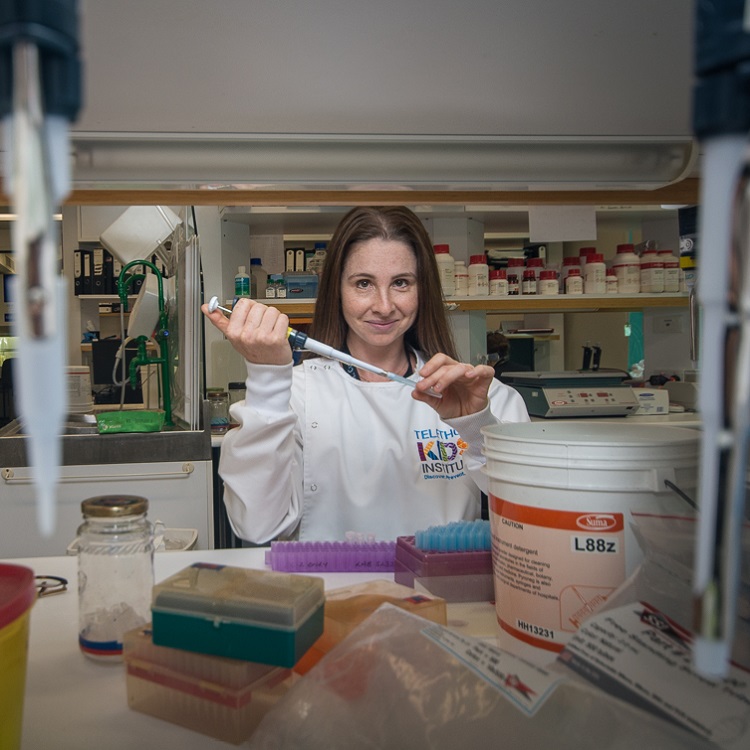Search

News & Events
Young ambassadors keep researchers on their toesFlat out trying hard to keep up with the ever-changing threats from cyberbullying, The Kids Research Institute Australia counts itself fortunate to have youth on its side.

News & Events
ORIGINS family finds comfort and communityA Quinns Rocks family who became the 1000th family to sign up for the ORIGINS Project is excited to be contributing to such ground-breaking research.

News & Events
Trans Pathways breaks down barriers for Trans YouthWhen Trans Pathways ambassador Drew, 17, came out as trans three years ago, the biggest hurdle for him was the availability of services and the time it took to access support.

News & Events
New autism guideline a lifeline for familiesProfessor Andrew Whitehouse tells how Australia’s first national guideline for the diagnosis of autism spectrum disorder is going to transform the way the condition is assessed and managed, vastly improving the experience for families.

News & Events
Data goldmines yield priceless breakthroughsChild health and development researchers are increasingly turning to Western Australia's extensive population datasets for their ground-breaking work.

News & Events
Giorgetta Family FellowshipWith mental health issues an escalating problem among young people, looking after the mental health of future generations has never been more

News & Events
The Impact of Poverty - interview with Steve ZubrickGrowing up poor is about more than just the size of your bank account. Read the new CoLab Impact of Poverty Evidence Report.

News & Events
Early ear infections linked to higher risk of future problems: studyResearchers have found kids who experience repeat ear infections in infancy have a much higher risk of ongoing problems with ear infections in later childhood

News & Events
Government funding for innovative sun safety online tool for teensThe Kids researcher Dr Shelley Gorman has received a Healthway grant to develop an online tool to promote safe sun behaviours to teenagers.

News & Events
The Kids researchers share in $1.75m ACRF grant for cancer researchThree The Kids researchers are collaborating on a cancer research project that has been awarded a $1.75mill grant by the Australian Cancer Research Fund.
